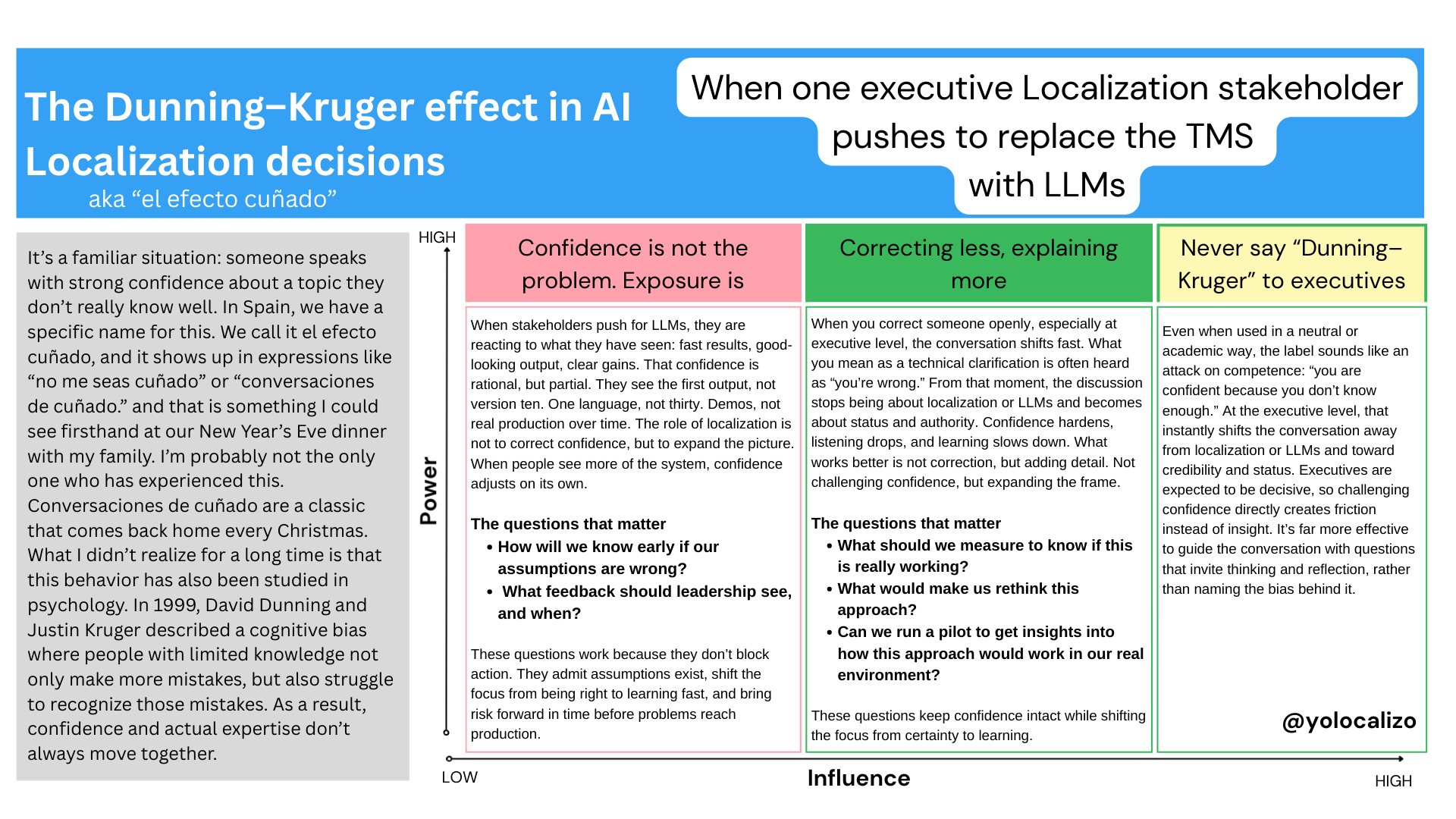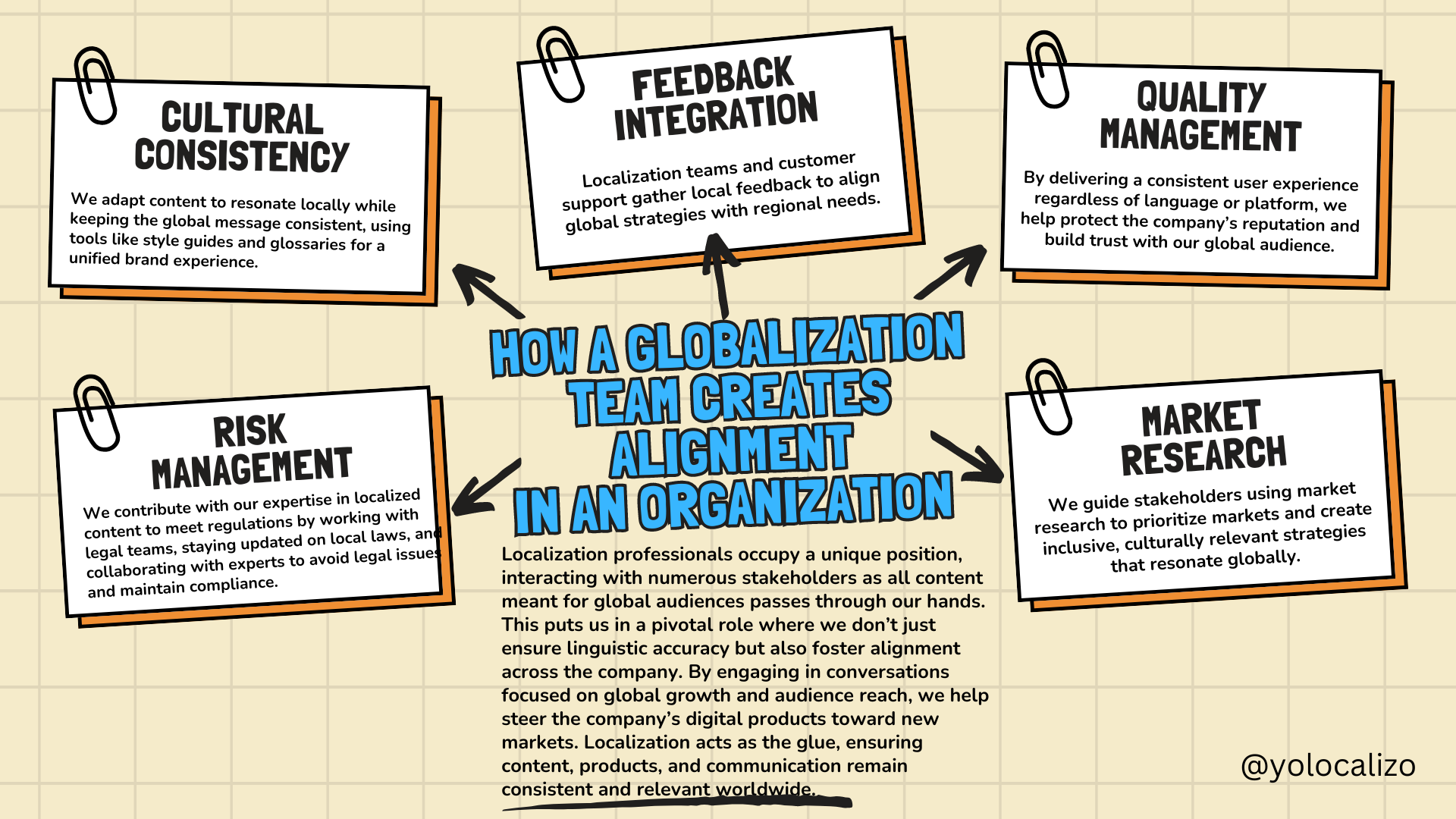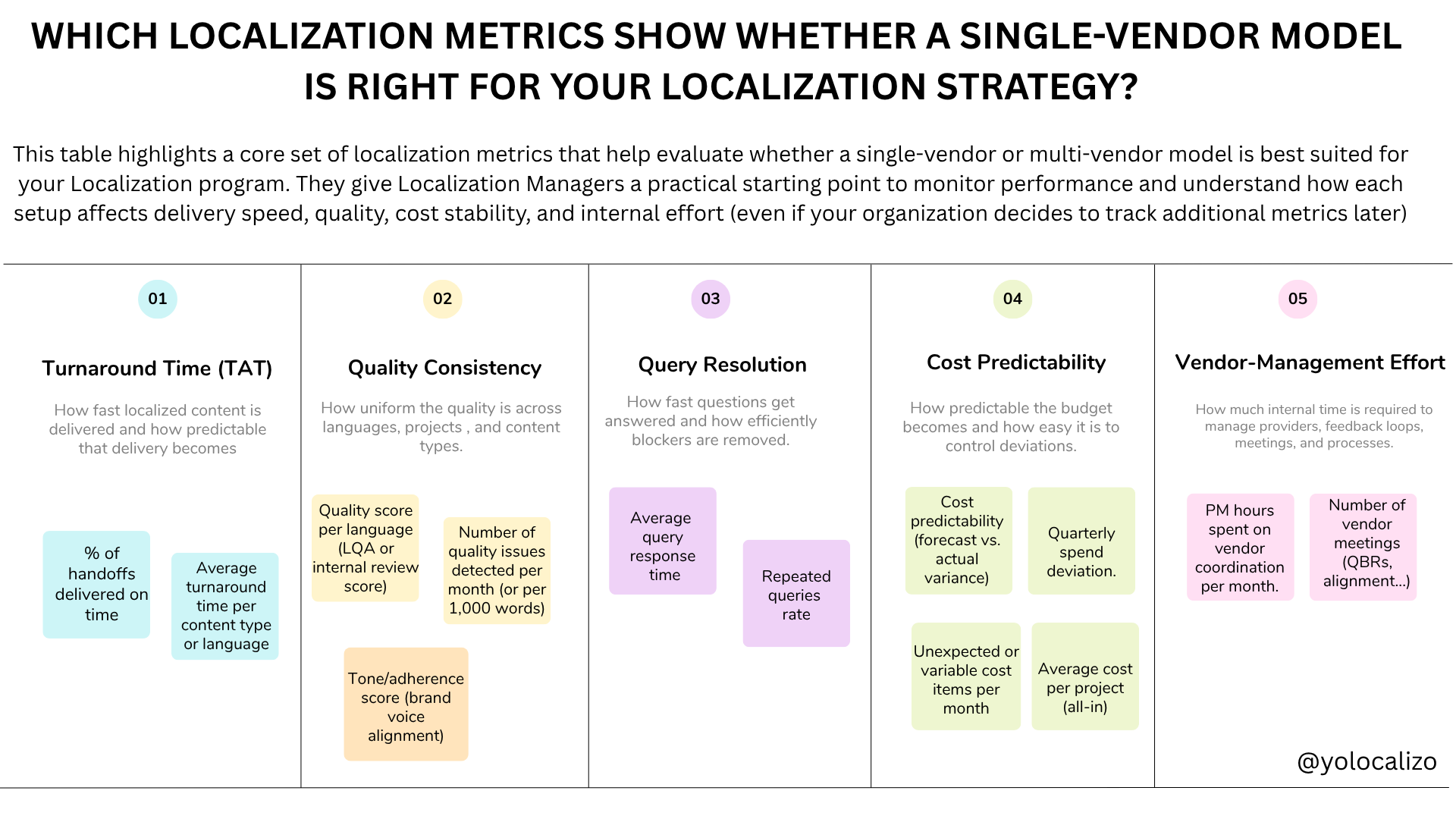This year I don't have any goals, but I know who I want to be.
Well, here we are again, the first post of the year. January is a curious month. We still drag what the Christmas vacations usually bring. More food than necessary, more drinks than necessary, more shopping than necessary ... and often more New Year resolutions/goals than necessary. I guess it is no coincidence that in January, we see the most significant increase of people going to gyms, signing up to academies to learn languages, or learning to play a musical instrument or ….
It is the month of good intentions and goals ... but little by little, we tend to lose momentum and fail. We find it hard to keep going to the gym, and we find it hard to stay true to our resolution to read more books. We find it hard to stop eating waffles with Nutella ... and little by little, we abandon all those good intentions, and our goals are falling one after another.
This year is the first year that I don't have goals. Does that mean that I have no interest in improving or learning new things? No, I want to keep improving, but I have changed my approach. I have realized that the key is not to "obsess" about goals but to "obsess" about the kind of person I want to become.
James Clear calls this "Identity Change," which is the central idea of his bestseller Atomic Habits. I read this book at the beginning of the pandemic, back in January/February 2020, and found it a fascinating read as it opened my eyes to the psychology of our brain to form habits.
In the following paragraphs, I want to explain why and how I am applying this concept of identity change, both in my personal life and in my career as a professional in Globalization. Before that, some context to understand it better.
Why is it so difficult to change our habits?
According to James Clear, changing our habits is challenging for two reasons:
we try to change the wrong thing and
we try to change our habits in the wrong order
If we want better results, then we must forget about setting goals. We need to focus first on the Identity and then on the system. And this will produce the goals we want
Outcomes (aka goals) are about what I get.
Processes (aka systems) are about what I do.
Identity (aka lifestyle) is about what person I want to be
This idea completely changes the way I approach my day-to-day life. For example, to go to the gym, I used to say, "I'll go to the gym 4 times a week", that's a goal. But that ended up stressing me out because I didn't really know why I was doing it. Instead, it should be "I'm a fit person." The focus is who we wish to become.
And what does a fit person do? They go to the gym, walk or run or play tennis, and eat the right way.
Instead of acting from the outside (goals) to the inside (Identity), we have to do it the other way around.
First, I decide the person I want to be, then I think about what I will do to achieve it (the system), and that will produce the results.
I will explain this concept of Identity with a very concrete example of how I approach it vs. how I used to approach it, and I am going to apply it to this blog.
Before reading the book Atomic Habits and becoming familiar with the concept of Identity I used to say.
"I have to write more posts" or "I have to write 6 posts a month on my yolocalizo blog" In principle, that's a goal, and there's nothing wrong with approaching it that way ... except, it stresses me out, and deep down, I don't know why I do it. It stresses me out because the obsession is a number, I have to get to 6, and I don't enjoy the journey of writing until I get to 6.
Applying the concept of "Identity change," the thing is different. I don't have a goal to write 6 posts, but I have an identity that I'm building. I am a writer. And what do writers do? They write. And how do they write? Well, this is where the process/system comes in. I have to have a system that helps me, in this case, to write.
What is the system? The system has to be linked to consistency. I show up. Whatever happens, and unless something serious happens on Friday evening and Saturday morning, I sit in one of those POÄNG armchairs from IKEA that I only use when I write. I open my Ulysses word processor, put on a Ludovico playlist, and start writing. That's my system. I repeat it always the same, always the same days. Sometimes the words, the ideas, and the topics come in a very fluid way, and other times, not so much. But I have a system, and when my brain sees the app that I only use to write this blog and hears Ludovico's songs that I only use to write posts, it understands that the time has come to write ... and the words start coming out ... as they are coming out now ... and that system undoubtedly produces the results I want, which is a post every week.
Of course, there are times that despite having clear the Identity we want and having the system, it can happen (and it does happen) that we do not get started. Here are 2 tricks that come in handy to "hack my brain."
The first one is to ask me what the person I want to become does at this moment?
For my Identity of being a writer, what would James Clear, Seth Godin, or Tim Ferris do in this situation that I don't feel like writing? Would they close the laptop and start watching Netflix, or despite the resistance, would they write?
Most of the time, this helps me silence my lizard brain and focus on writing. But sometimes, this doesn't work, and despite everything, I fail and don't get around to writing. In that scenario, the second trick that is very effective is "Never miss twice" no matter what happens, I don't have to fail my commitment to write two times in a row. The gurus of habits and productivity say that it's okay to miss a day, that the real danger to creating the consistency we need to achieve results is the second miss.
I also apply this identity thing to going to the gym. Let me explain the concept of Identity in this scenario with another example (and an anecdote).
Going to the gym was difficult for me. Like many other people, I could not find the time to go, and when I found it, I also found an excuse not to go. But following the advice explained above, I changed my Identity. My goal was no longer to go to the gym 4 times a week, my goal was no longer to do 4 chest reps on the bench with 40 kilos. No, the focus was my Identity.
My Identity is "I am an athlete," and what does an athlete do? He trains. I usually go to the gym early, around 7:15 am I'm usually there, and as an identity anecdote, let me tell you something. One of these days, when I got up early to go to the gym, I ran into my son, who was preparing breakfast, and he asked me, where are you going so early!? And I said, I'm going to the gym, I'm an athlete!!! To which he replied, you're not an athlete, you're DAD, besides you don't have an athlete's body!
Dow! Hahaha, painful, but true! Though the key here is that I behave like an athlete, I get up early from Monday to Friday and go to the gym and take care of my diet, helping me gain strength and feel better than ever! I am building an "athlete" identity as a person who wakes up early and trains ...
Here the system I have, in case someone finds it useful and is looking for a way to go to the gym is to leave my clothes ready the day before next to the bed.
Practically half asleep, I get dressed, I put my shoes on, I prepare a coffee ... and being already dressed and with the gym bag ready, many times I leave the house by inertia. The trick is to reduce the friction. If I also had to put at that time to look for the gym clothes, look for the clothes I wear after showering, fill the water bottle etc etc I am convinced that I would hit the snooze button more than once. But by leaving everything ready for me, I reduce the friction
I also apply this to my career as a professional in Globalization.
The goal is not to give x talks a year, be on a list of influencers, watch X webinars a year, read x books a year, or connect with X colleagues via LinkedIn. That's not the goal, again that's an outcome of the Identity I want to achieve.
My Identity is "I want to be a professional Globalization life long learner who shares what he learns."
That is my Identity as a worker in this industry. Once I know my Identity, it is time to find a system.
The books I read, the trainings I sign up for, the webinars I watch on my lunch break, the Multilingual articles I read on the weekends, what I write/share on LinkedIn... all this is my system to keep growing as a professional in the localization industry...and the truth is that I am happy with the results.
For example, last year I collaborated in some Women in Localization event or the ELIA Project Management event presenting on LSP-Clients partnership topics ... these opportunities to participate have not come because I would have thought at the beginning of last year ... "this 2021, I have to give X presentations in industry events" that's a goal, and it didn't work for me. However, by focusing on my Identity and having a system aligned with my Identity, with the person I want to become, everything ends up producing the outcomes (goals) I want. And the fact is that while I prepare these presentations, I have to do research and clarify my ideas of what I want to explain (so I learn), and when I am a speaker at an event, I share my knowledge.
So my Identity as a Globalization professional aligns with my system and produces the goals I want.
Once we have an identity, it will be very conflicting for us to act against it.
After reading all this, maybe the question arises: how can we form a habit? This whole identity thing is great, but how do you develop a habit?
Check out this post I wrote on forming a habit. I hope you find it helpful!
Conclusion
This year, I'm spending less time focusing on outcomes on goals and more time on the habits that help me be the person I want to be.
Every action we take is kind of like a vote for the type of person we want to become, and if we can master the right actions if we master the right habits then we can start to cast votes for this new Identity, this desired person that we want to be. That's why small habits matter so much; they don't necessarily transform our ife overnight right away, like doing one pushup does not change our body, but it does cast a vote for being the type of person who doesn't miss workouts or meditating for one minute might not give us an immediate sense of calm in our life but it does cast a vote for being a meditator. As James Clear explains in his book, "the real goal is not to run a marathon; the goal is to become a runner" because once you've adopted that Identity you're really not even pursuing behavior change anymore you're just kind of acting in alignment with the type of person you already see yourself.
Atomic Habits has been for me one of the best reads I've had in years. I highly suggest you pick it up and check it out for yourself!
What is your experience with habits/resolutions? What would you like to start/stop doing?
@yolocalizo















For a long time, localization was treated as a pure execution task: translate fast, deliver on time, and stay invisible. That model worked when content volumes were lower and speed was the main challenge. As AI becomes part of everyday workflows, this approach is no longer enough. Translation itself is not the hardest part anymore. The real challenge is deciding what content deserves attention and how AI fits into the broader content ecosystem. This shift highlights a deeper change: moving from simply translating content to actively managing it.